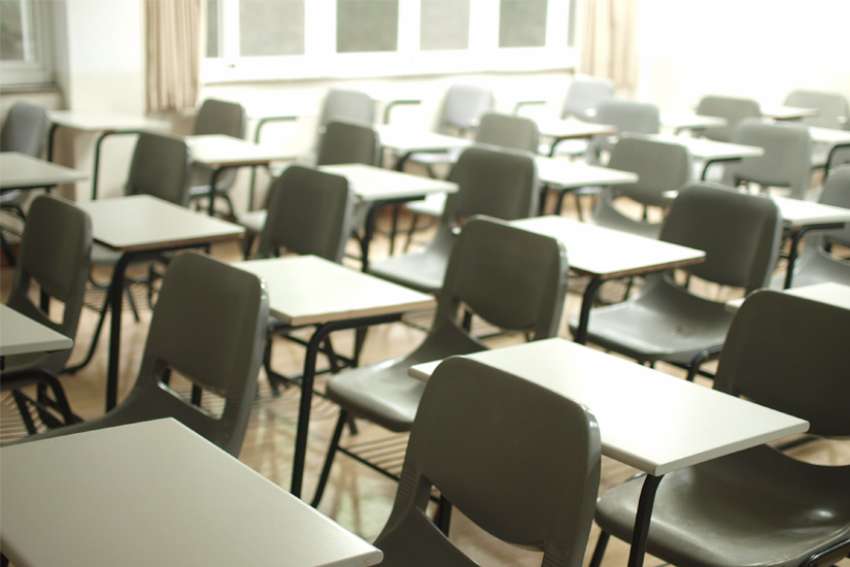The image in question didn’t feature a provocative photo or outrageous comedic zinger — just alarming information based on truthful bedrock. It was a simple list indicating the last year youth experienced a completely normal school year devoid of the COVID-19 leviathan.
For example, the current Grade 3 crop’s last ordinary year was Kindergarten. Grade 7 students entering junior high last experienced total conventionality in Grade 4. The graduating class of 2022 has had the splendour of its high school years stripped away as there hasn’t been regularity since Grade 9.
As of early October, just shy of 19 months since the pandemic erupted in Canada, it is abundantly clear to me that we have not even scratched the surface in comprehensively understanding the present and long-term ramifications this public health emergency has inflicted upon the younger generations.
A study published on the American peer-review platform Frontiers in Education, The Mental Health of High School Students During the COVID-19 Pandemic, offers some chilling statistics.
This study, authored by Maya and Dhananjai M. Rao, was inspired by an analysis done by the American Psychological Association (APA) that reported 81 per cent of Gen Z teens (ages 13-17) “have experienced more intense stress during the COVID-19 pandemic.”
The Raos’ study surveyed 107 high school students in Mason, Ohio, for a research article unveiled in July. The authors sought to go one step further than the APA by determining the key stressors for students.
Ultimately, the top sources of mental degradation for teenagers “can be attributed to a feeling of social isolation, loss of social structure in the form of friends or clubs (organizations) and family issues.”
Speaking to the top stressor of social isolation, it cannot be underestimated that even the small interactions students have with each other between classes can go a long way towards bolstering confidence and self-esteem.
Humans as a whole have a deep-rooted collective desire to belong and be among each other. Government leaders during this COVID-19 pandemic have enacted social-distancing and other isolating public-health guidelines that are socially conditioning us to betray those impulses.
It is heartening to see various headlines over the past month chronicling how governments are offering schools funding to hire more mental health workers and make available additional resources.
As a journalist, it would of course be inappropriate of me to offer any advice to the professionals tasked with these crucial and delicate counselling positions. But it is my sincere hope that students are being offered a forum to pour out their soul with the unvarnished truth about how this pandemic has harmed them.
Counsellors are among only a small group of professionals still acquainted with the wisdom that it is better to be interested than be interesting, and that we should seek to listen instead of rushing to speak.
Society will be best equipped in tackling the student health crisis through a one-on-one microscopic approach where we collect long-form personal accounts from individual students instead of a broad approach. Clumping people together in groups and analyzing the problem through a macroscopic lens can dull our senses to nuance and it offers a pathway for generalizations and assumptions to fester.
We cannot afford simplifications in our response to the student mental health problem. It would be a grave mistake.
(Amundson is The Register’s Youth Editor.)


